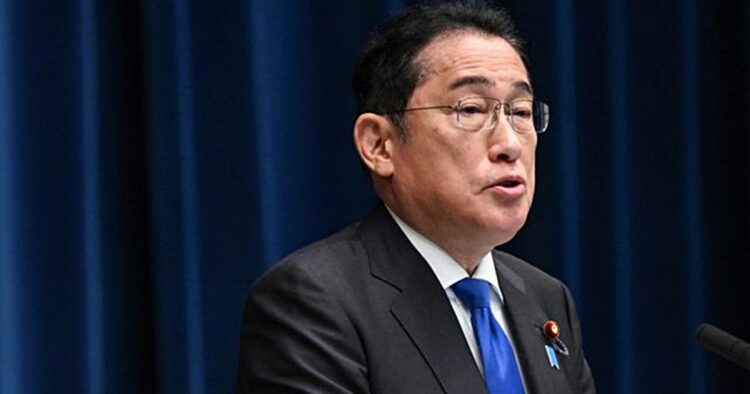Kishida’s Decision Not to Run for Re-Election
Japanese Prime Minister Fumio Kishida has announced that he will not be running in the upcoming party leadership vote in September. This decision came as a surprise to many, as Kishida was elected as the president of the ruling Liberal Democratic Party (LDP) in 2021 and was expected to continue his leadership.
However, his term is set to expire in September, and by stepping down, he is opening the door for a new leader to take charge of the country.
Reasons Behind Kishida’s Withdrawal
The primary reason for Kishida’s decision is the corruption scandals that have impacted his party, the LDP. These scandals have severely damaged his reputation and led to a significant drop in public support. Kishida’s approval ratings have fallen below 20%, making it difficult for him to maintain his position as the leader. Despite his efforts to clean up the party by removing cabinet ministers involved in the scandals and passing stricter laws on political funding, the damage to his credibility was already done.
Kishida has decided that stepping aside will give the LDP a chance to rebuild its image with fresh leadership. He believes that a new leader can better address the challenges facing the party and restore public trust ahead of the next general election. Local election losses earlier in the year further weakened Kishida’s influence within the party, with many lawmakers expressing the need for change.
The corruption scandal at the center of this political crisis involved unreported political funds raised through ticket sales for party events. Over 80 LDP lawmakers, many from a major party faction previously led by the late former Prime Minister Shinzo Abe, were implicated. The scandal led to the indictment of ten people, including lawmakers and their aides, in January. Kishida’s attempts to distance himself from these issues and to clean up the party’s image were not enough to regain the public’s trust.
Impact on India-Japan Relations
Kishida’s decision to step down is unlikely to have a significant impact on India-Japan relations. The relationship between the two countries has been strong and continues to grow, especially in areas such as trade, technology, and defense cooperation. Both nations have mutual interests in maintaining stability in the Indo-Pacific region, and these shared goals are expected to continue under any new leadership in Japan.
ALSO READ: “Joe Biden Welcomes Japan Prime Minister Fumio Kishida For State Visit Eye On China”
India and Japan have built a solid foundation of trust and cooperation over the years, and this is unlikely to be shaken by the change in Japan’s leadership. The new prime minister is expected to maintain the course set by Kishida and his predecessors in fostering strong ties with India. Both countries will likely continue working closely on issues of regional security, economic collaboration, and technological innovation.
As Japan prepares for a new leader, there is hope within the LDP that this change will help the party regain public trust and secure a strong position in the upcoming general election. While Kishida’s departure marks the end of his tenure as prime minister, it also represents a new chapter for Japan’s political landscape. The new leader will face the challenge of navigating the country through its current issues while maintaining Japan’s important relationships on the global stage, including with India.

















Comments